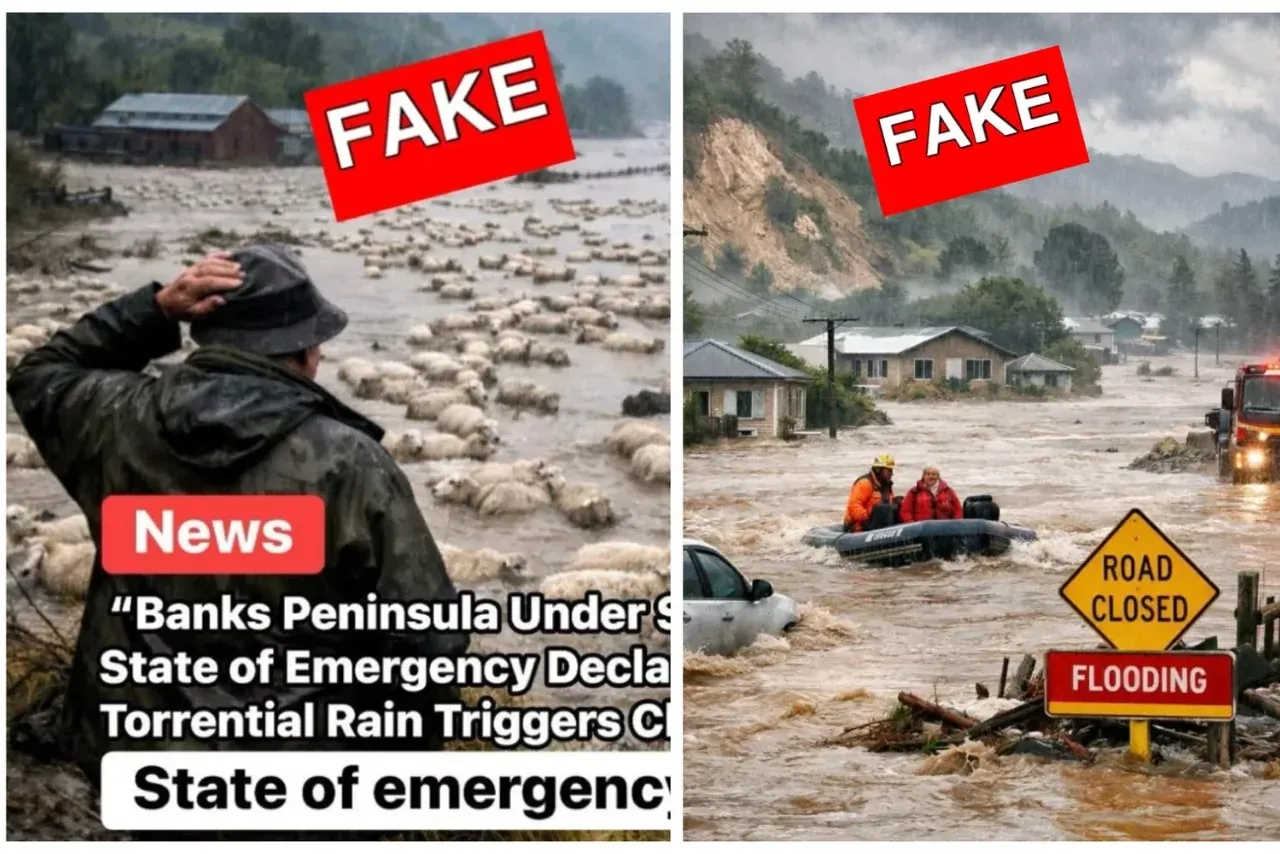Table of Contents
Terry Dunleavy is 91 years young and was a journalist before his career took him into the wine industry as inaugural CEO of the Wine Institute of New Zealand and his leading role in the development of wine as a new export industry now our country’s sixth most valuable, selling and taking our name to over 100 countries.
After his retirement from the Institute in 1991, and before he co-founded the NZ Climate Science Coalition in 2006 after he was converted by the late Professor Augie Auer to become a sceptic about the falsity of claims that greenhouse gases could or do cause dangerous man-made global warming, Terry used to appear occasionally in the Dialogue pages of the New Zealand Herald with scholarly op-ed articles on topics as diverse as wine, Maori politics, and his pride in being a Pakeha of Irish ancestry.
He says that once it became known that he was what the alarmists call “a climate denier”, the Herald didn’t want to know him. He never lost his love of writing or his respect for what used to be the ethics of accurate presentation of news; hence the article below, which the Herald has declined to publish, but The BDF is happy to accept.
If you want to share your opinions with The BFD we invite contributions as either guest posts or letters to the editor.
As a 19-year-old back in 1948, having decided that journalism was my career preference, I enrolled in a course at the University of Auckland lectured by Noel Chappell, then the well-respected and highly competent chief reporter of the New Zealand Herald.
I have two vivid memories from his first lecture:
- The importance of news: He instanced a man rescued after a long stranding on a desert island. After being fed and watered, and his tattered clothing replaced, the rescuee’s first words would likely be: “What’s the news; what’s been happening in the world?”
- Freedom of the press: Noel drilled into us the principle enunciated in 1921 by the legendary owner-editor of the Manchester Guardian, C.P. Scott: “Comment is free, but facts are sacred” (from this fuller extract: “Neither in what it gives, nor in what it does not give, nor in the mode of presentation must the unclouded face of truth suffer wrong. Comment is free, but facts are sacred. ‘Propaganda’, so called, by this means is hateful. The voice of opponents no less than that of friends has a right to be heard. Comment also is justly subject to a self-imposed restraint. It is well to be frank; it is even better to be fair.” Scott’s full centenary essay is here.
In those halcyon days, before talkback radio, sound bite TV news bulletins and the modern scourge of social media that is often more unsocial than social, the Herald was by agreement, even by its metro peers, an impeccable source of news of the day, faithfully reported in impressive detail with accuracy and authority. Comment was confined to the editorial and that prince of cartoonists Minhinnick, and to journos like T.P.McLean covering sports and L.C.M. Saunders music, who were given the added privilege of by-lines.
Sadly, 72 years later, the Scott principle has been dropped by most claimants to the title of journalist in favour of what became known as “interpretive reporting” adding the writer’s opinions to the recorded facts, and inevitably their names via a by-line. In all, a serious diminution of accuracy and authority.
Simultaneously, there has been the emergence of a cult of personality in respect of the subjects of reporting. In the field of politics, this probably began with Rob Muldoon, but went up notches with John Key and has gone into overdrive with Jacinda Ardern. There are similar indications with the fields of rugby and business with more coverage being given to the opinions of writers about the abilities and performances of individuals than of teams and organisations, and less emphasis on what’s good for the game or the field of activity.
What once was based on established and observed fact is becoming increasingly influenced by the gossip factor of “consensus.” A topical field where this is evident is what is now termed “climate change”, but began life as man-made global warming until the warming ceased. In the apparent opinion of most of New Zealand’s news media, there is no argument because “the science is settled”. Who says so? The U.N. International Panel on Climate Change (IPCC). And the evidence? Computer-modelled projections. Consensus rules, in spite of the fact that there are many hundreds of sceptic scientists declaring otherwise, such as the 900-member Climate Intelligence Foundation (CLINTEL).
Here in our country, the New Zealand Climate Science Coalition has formally asked the IPCC, NIWA, Royal Society of NZ, climate change proponents like James Renwick for evidence that carbon dioxide (CO2) can or does cause significant unnatural warming and either been refused an answer or have been fobbed off to the IPCC’s computer projections.
This has not prevented a major player in New Zealand news media, Stuff, from copping out of any duty of truth by declaring in 2018: “Stuff accepts the overwhelming scientific consensus that climate change is real and caused by human activity. We welcome robust debate about the appropriate response to climate change, but do not intend to provide a venue for denialism of hoax advocacy.” To hell with C.P. Scott’s admonition about being fair.
Then there is the case of a seasoned fraud investigator, John Rofe, so incensed at the efforts of Climate Change Minister James Shaw to brand CO2 as a “pollutant” and to persuade most of Parliament to pass his Zero Carbon Act, that Rofe has laid an official complaint of fraud against Shaw with the Serious Fraud Office, only to have news media ignore the fact of his complaint which surely rates on the “man bites dog” scale of newsworthiness.
More recently, there has been a new and potentially sinister complication: the grant of $50 million by the current Coalition Government to news media organisations to help them through the coronavirus problem:
Readers can exercise their own judgement whether this is deliberate intent to influence media to be kind to the Ardern government. If it is, the fawning attitudes of most of the media to the Prime Minister would seem to have paid off, and we should all ask if any limitation of the freedom and independence of our press is healthy for the future of our democracy.
Terry Dunleavy MBE, JP, is a 91-year-old writer of Takapuna, and long-time member and officer of the National Party. In 2006, he co-founded the NZ Climate Science Coalition, of which he remains honorary secretary and webmaster: www.climatescience.org.nz
If you enjoyed this BFD article please share it.









